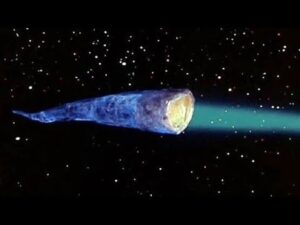.
I am late to the party because I have not been overly enamored with the expanded Star Warsproducts of late. I adore Andor and thoroughly enjoyed season 1 and 2 of The Mandalorian but season 3 was aimless, The Book of Bobba Fett felt as though it had no point and Ashoka failed to entrance me and I dropped the show after two episodes.
The Acolyte falls squarely in the upper half of these offerings. It was decent enough and I was interested enough to watch the entire season. Set considerably earlier in the cannon’s history the series’ focus is twin girls, Mae and Osha, powerfully force sensitive and at the center of possible Jedi maleficence.
The cast is uniformly good with the most surprisingly performance in my opinion belonging top Mannie Jacinto. He manages a performance so distant to his previously best-known character, Jason Mendoza on The Good Place as to reside in an entirely different galaxy. (Yes, that analogy was intentional.) Lee Jung-jae as a troubled Jedi master was also exceptional.
Amanda Stenberg as the twin women held my attention and played the two characters quite well.
The Acolyte received some serious scorn from elements of fandom. I will not address if the root cause of that scorn is out of misogyny or from a desperate need to preserve an image of the Jedi as pure and wholly good. I must admit that I side with the fiction galactic senator that questions unchecked political power held by a religious order.
Overall, The Acolyte entertained and remained a pleasurable way to past a few evening hours but it is unlikely to stay with me in the manner that Andor has proven. It is not quite Star Wars for adult, but neither is it explicitly for children
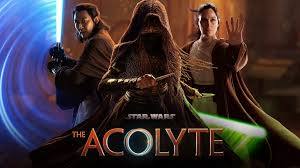

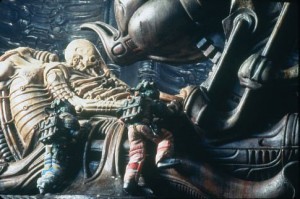
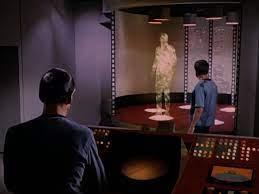
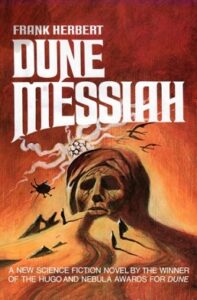 .
.